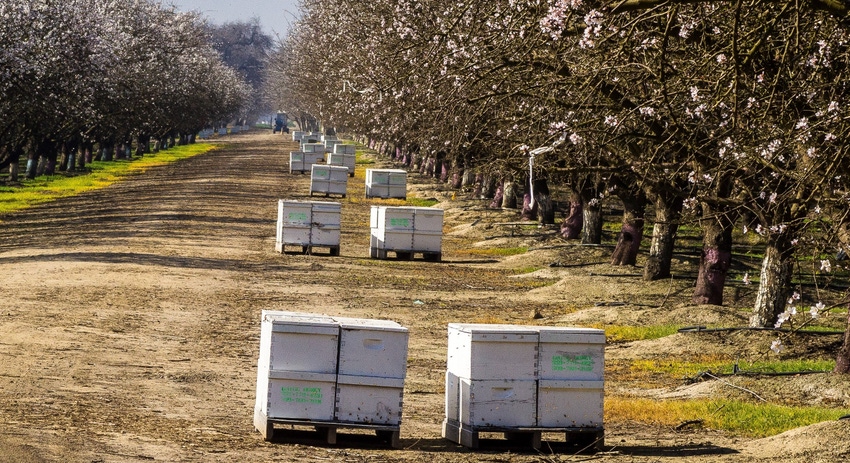
As agricultural output goes, Fresno County can continue to claim bragging rights as the most valuable farming county in the United States in 2019.
While the political bragging rights may rest there for the meantime, it is important not to lose sight that, across the state, California is far-and-away the leading agricultural state in the nation. Blessed with a climate type seen in only a few regions in the world, and the technology and ingenuity to efficiently produce some 400 different commodities, it is not difficult to see why California is the leading farm state in the nation.
Unlike the cross-town rival football teams that will trade a bell or some other icon after winning the championship game each fall, the question of which county beats the others in gross agricultural output is fun to ask, though it can oftentimes diminish the larger picture of overall agricultural output in California each year. It can also diminish the important role farming across the large state plays in feeding a hungry nation and world.
County departments of agriculture in California are required annually by the state Food and Agriculture Code to summarize their acreage, production and value of agricultural commodities produced within their jurisdictions. The reports are a list of data that include acreage totals by crop, yields and total production, and gross receipts of those crops sold off the farm. Nothing in these reports reflect profit or loss to the grower.
While the counties are legally required to submit the reports to the California Department of Food and Agriculture, participation by farmers is voluntary. Growers are surveyed each year, but according to some county ag department staff members responsible for these reports, not all of them are returned, suggesting that actual county values may be much higher. The counties do all in their power to protect confidentiality through their release of data through averages and combining crop categories.
In some cases, growers of a single, niche commodity in a county will have their crop combined in a "miscellaneous" category to protect their privacy.
Prior to 2013, Fresno County was regularly the king of agricultural counties. Its geographic size coupled with its crop diversity gives it an edge among the other counties. Fresno also regularly served as a transition for lettuce and other vegetable crops moving from their typical summer grounds in the Salinas Valley to the desert region of Imperial and Yuma counties in southern California and Arizona.
Water availability changed that dynamic for Fresno County, as it has with other counties. In years where drought and water curtailments prevail, Fresno County's crop value can shrink enough to put Tulare, Kern, or both ahead in gross value.
Regardless of who's No. 1, the three counties combined in 2019 to produce more than $22.8 billion in gross agricultural receipts. That's over $1 billion more than No. 3 Nebraska and $4.7 billion shy of No. 2 Iowa.
About the Author(s)
You May Also Like






